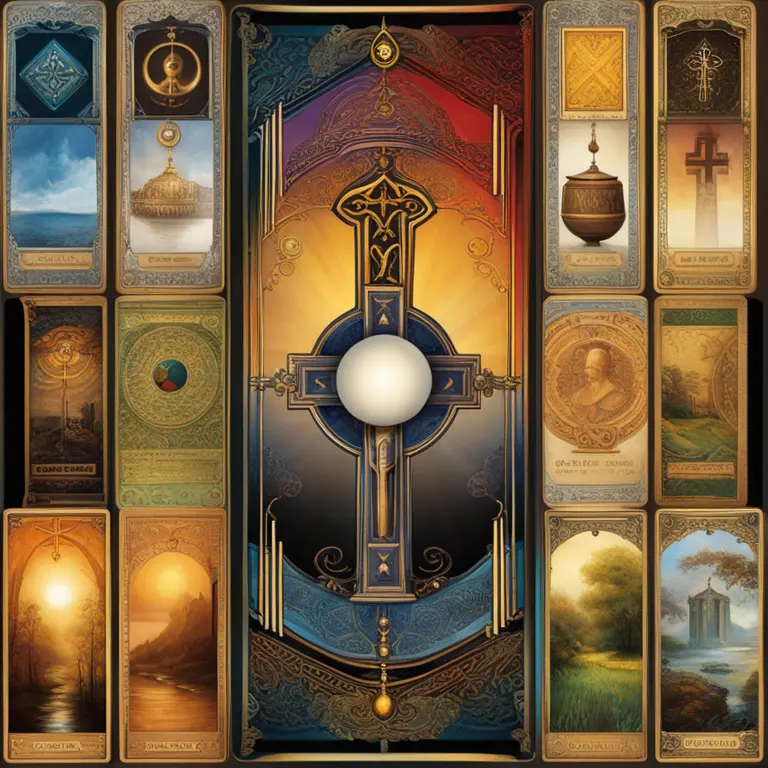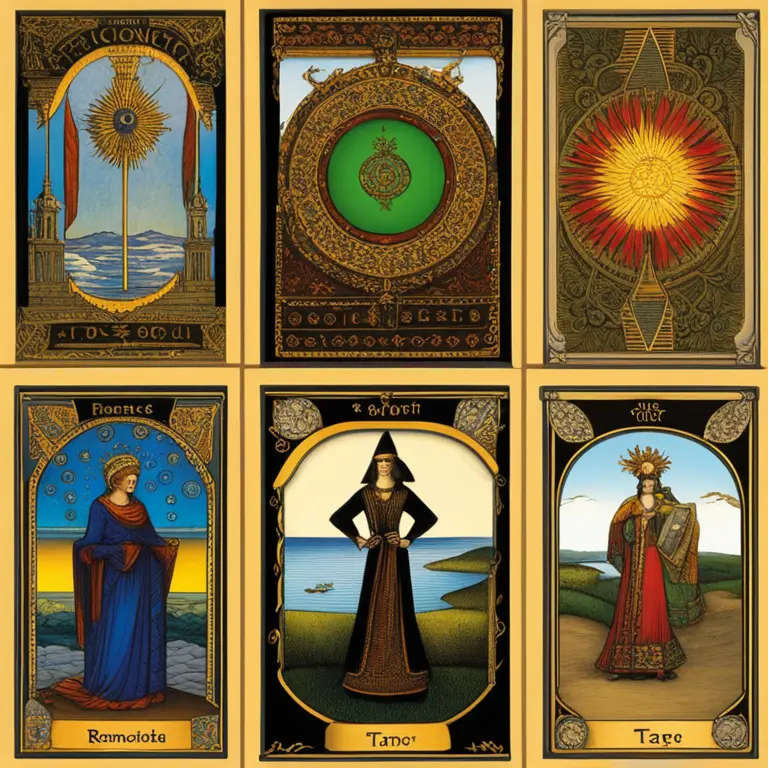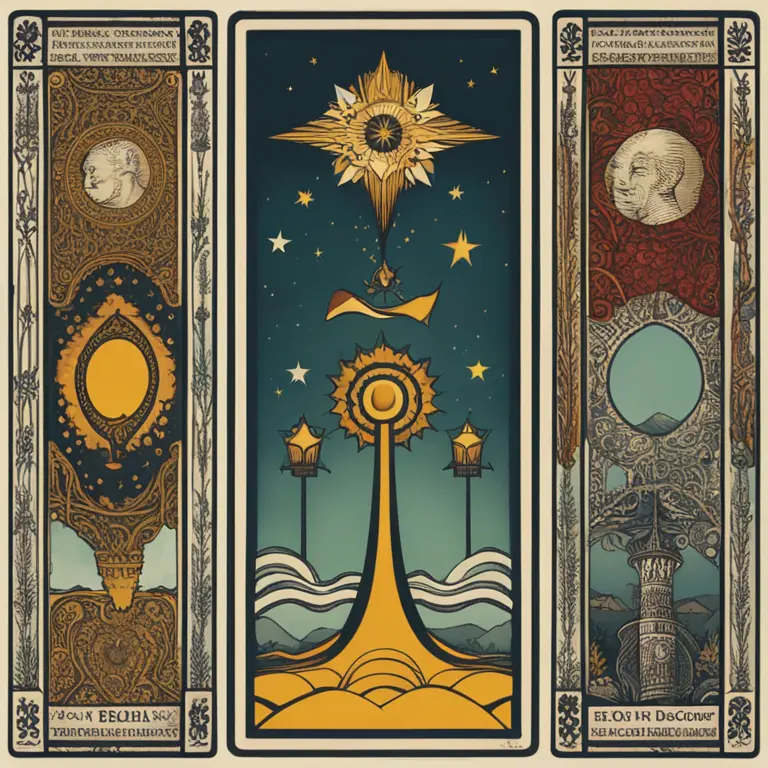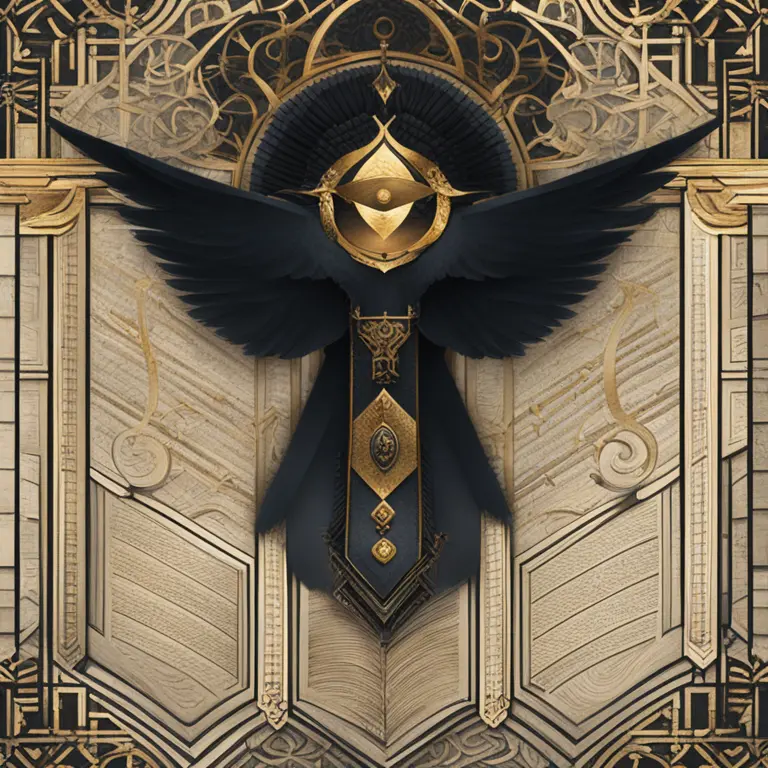
The Enigmatic Nature of Tarot Cards
Tarot cards have long been surrounded by an aura of mysticism, prompting many to question whether they are a tool for supernatural insight or simply an instrument for reflection. Their intricate designs and evocative imagery are said to reveal the mysteries of life, offering guidance to those seeking answers. As we delve into the tarot's historical roots and modern usage, we must consider whether their power emanates from a supernatural source or from within the human psyche.

Historical Perspectives on Tarot
The origins of tarot cards are shrouded in history, with their appearance in 15th-century Europe serving as a benchmark for their emergence. Initially used for games, these cards later gained prominence in the world of divination. Over the centuries, various cultures have ascribed different levels of esoteric significance to tarot, transforming them into a symbolic tool for accessing hidden knowledge. However, even with this history, the debate regarding their supernatural aspect remains open.

Tarot as a Reflection of the Self
Many practitioners argue that the true essence of tarot lies not in the supernatural but in the intricate mirror it holds up to our innermost thoughts and feelings. It is believed that the cards serve to channel the subconscious, providing a visual vocabulary for self-reflection and personal growth. This psychological approach sees the tarot as a means to unlock inner wisdom, rather than as a conduit for otherworldly forces.

Cultural and Spiritual Symbolism
Tarot cards are rich in symbolism, blending elements from various spiritual and cultural traditions. These symbols can evoke deep emotional responses and bring subconscious knowledge to the surface. Whether or not one considers this process supernatural, it is clear that tarot cards have the power to connect individuals with a profound level of inner intuition and universal archetypes.

Scientific Skepticism and Tarot
From a scientific perspective, the use of tarot cards is often met with skepticism. Critics argue that any supposed supernatural guidance can be attributed to cognitive biases such as the Barnum effect, where vague statements are perceived as specifically relevant. Despite this criticism, the popularity and enduring nature of tarot reading highlight a human desire to find patterns and meaning, even when science cannot offer clear explanations.
The Place of Tarot in 2024 and Beyond
Looking ahead to 2024 and beyond, tarot seems destined to maintain its place in the cultural zeitgeist, as individuals continue to seek various methods for navigating life's challenges. The role of tarot in future spiritual practices may evolve, but its capacity to provide perspective and empowerment will likely remain constant, whether by supernatural means or through the power of self-reflection.
Published: 1/17/2024
Modified: 1/17/2024
More predictions
Come back here soon to learn more about yourself and your future


Exploring The Meanings of Astrological Houses
Discover the significance of the 12 astrological houses in your natal chart and how they influence various areas of your life, from identity to career and beyond.


The Varied Dimensions of Astro Houses
Discover the intricate dimensions of astrological houses and their differing sizes in the zodiac wheel, shaping personal astrology profiles.


Top Astrological Houses for Personal Insight
Discover how the best houses in astrology provide deep personal insights and influence key areas of your life in this comprehensive guide.